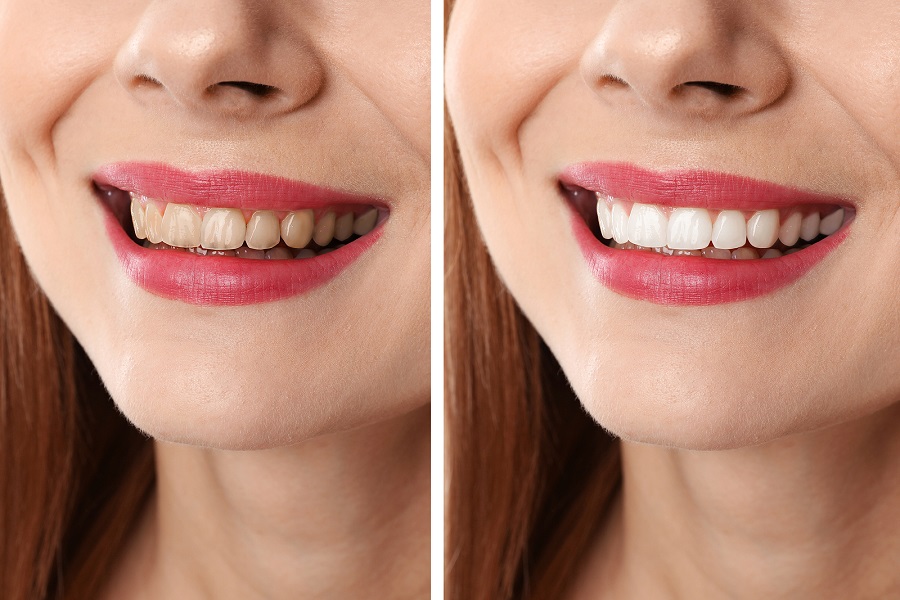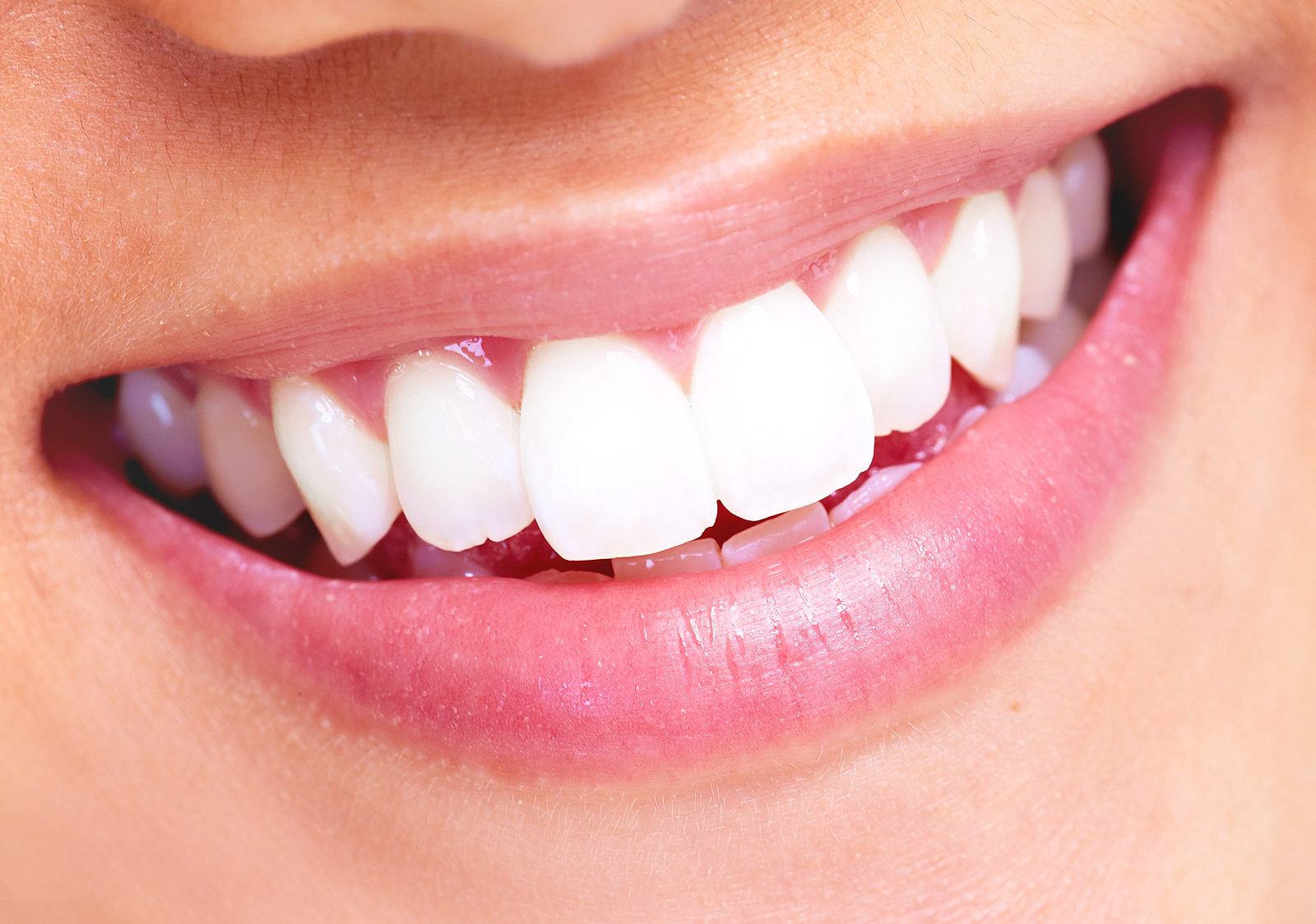DENTAL PROBLEMS YOU MAY BE AT RISK FOR IF YOU’RE 65+
ELDERLY DENTAL PROBLEMS
Dental issues are one of the most common health problems experienced by elderly people. For a variety of reasons, people over 65 with natural teeth are more likely to experience tooth decay than any other age group, making a twice-yearly visit to the dentist crucial for their dental health. A lifetime of chewing, grinding, and just general wear and tear, medical conditions affecting the elderly, and medication use, combined with a decrease in dental care can leave many older adults at risk for oral health problems which may result in bleeding gums, inflamed gums, significant tooth pain, or a gum infection.
CAUSES OF ELDERLY DENTAL PROBLEMS
Older people naturally produce less saliva than younger people. A healthy amount of saliva is needed to clean the teeth. Additionally, because gums shrink with age, older people are more likely to have teeth exposed to decay or infection. Health issues such as poor vision, or arthritis that affects the movement of the arms, hands, and wrists can make flossing and brushing difficult. Dental issues can lead to poor nutrition, which, in turn, can lead to worsened dental problems.
COMMON ELDERLY DENTAL ISSUES
There are certain oral health risks associated with age. The most common among older persons are:
- Gum Disease – Elderly people with poor oral hygiene can experience more plaque growing on the surface of the teeth. The bacteria in plaque produce acids that lead to gum disease. Removing plaque daily by brushing and flossing the teeth is crucial toward healthy oral hygiene and to prevent gum disease and tooth decay.
- Dental Decay– As people age, their gums typically recede, leaving the roots exposed and vulnerable to cavities that can lead to infection and tooth breakage.
- Dry Mouth– Elderly people naturally produce less saliva than they did when they were younger. Saliva protects oral health by cleansing the mouth of food, bathing the teeth in protective minerals, and limiting the growth of bacteria. A reduction in the amount of saliva produced can cause dental decay. Additionally, many of the medications seniors take, such as antihistamines, diuretics, anti-depressants, anti-anxiety drugs, cancer therapy, alcohol use, and some diseases can result in a reduction of saliva.
- Poorly-Fitting Dentures– Proper denture fitting can be affected by changes in the gum tissue or bone structure. Dentures need to be monitored regularly to ensure a good fit, and to prevent them from becoming loose or uncomfortable. Poorly-fitting dentures can cause chewing issues that result in poor nutrition.
- Oral Cancer – Elderly people are susceptible to cancers of the lips, tongue, throat, and mouth, especially if they smoke. Any red or white spots, mouth sores, or mouth bleeding that doesn’t stop within two weeks is a warning sign or early stages of oral cancer.
ELDERLY ORAL HEALTH CARE
Elderly dental health problems can be avoided through good daily oral hygiene. Prevention is key. If the elderly person does not feel comfortable with their present dentist, look for a dentist that specializes in senior dental care. A dentist visit every six months will provide monitoring to identify any problems as they arise.
In need of a dentist? Schedule an appointment with us at Biltmore Commons Dental Care!






















0 comments